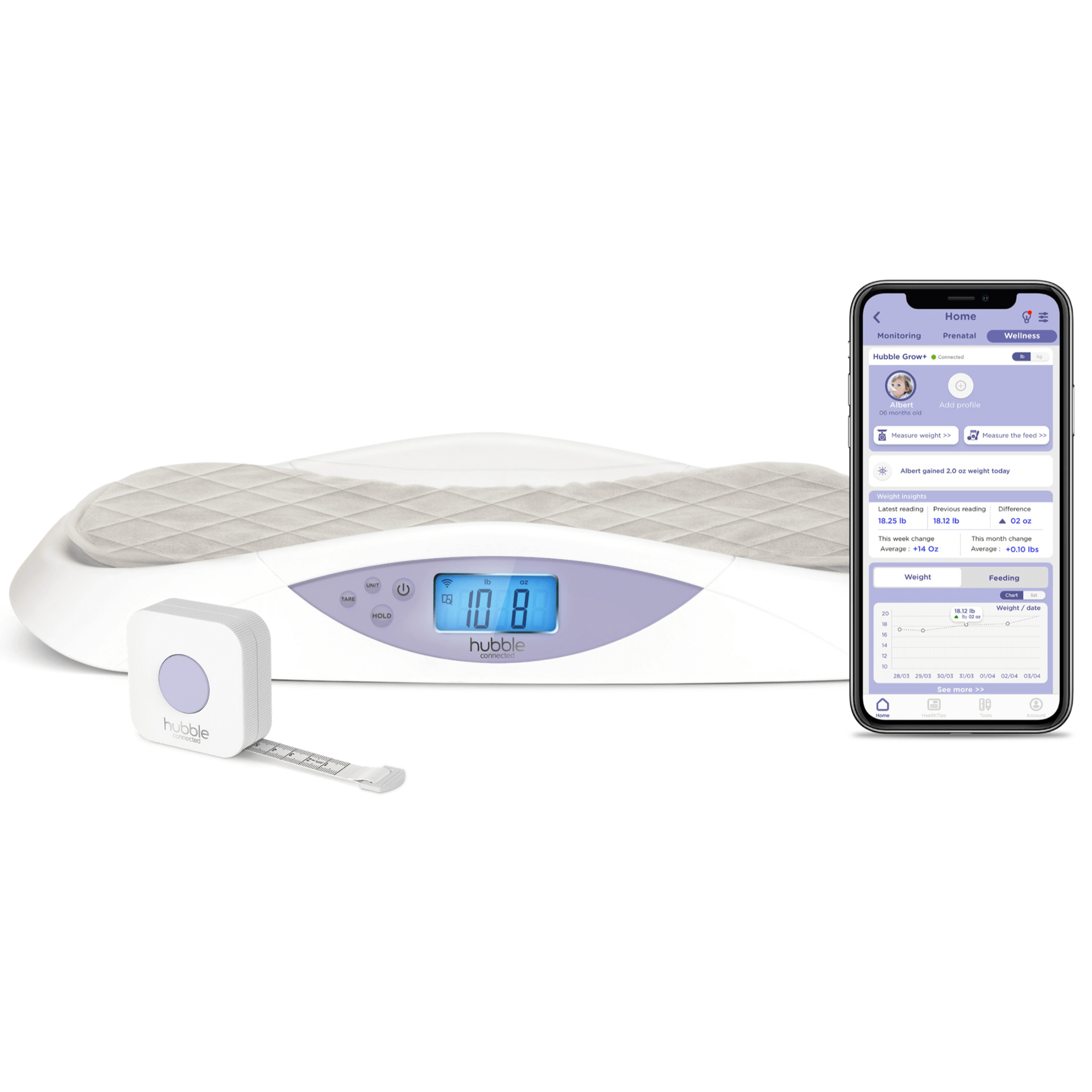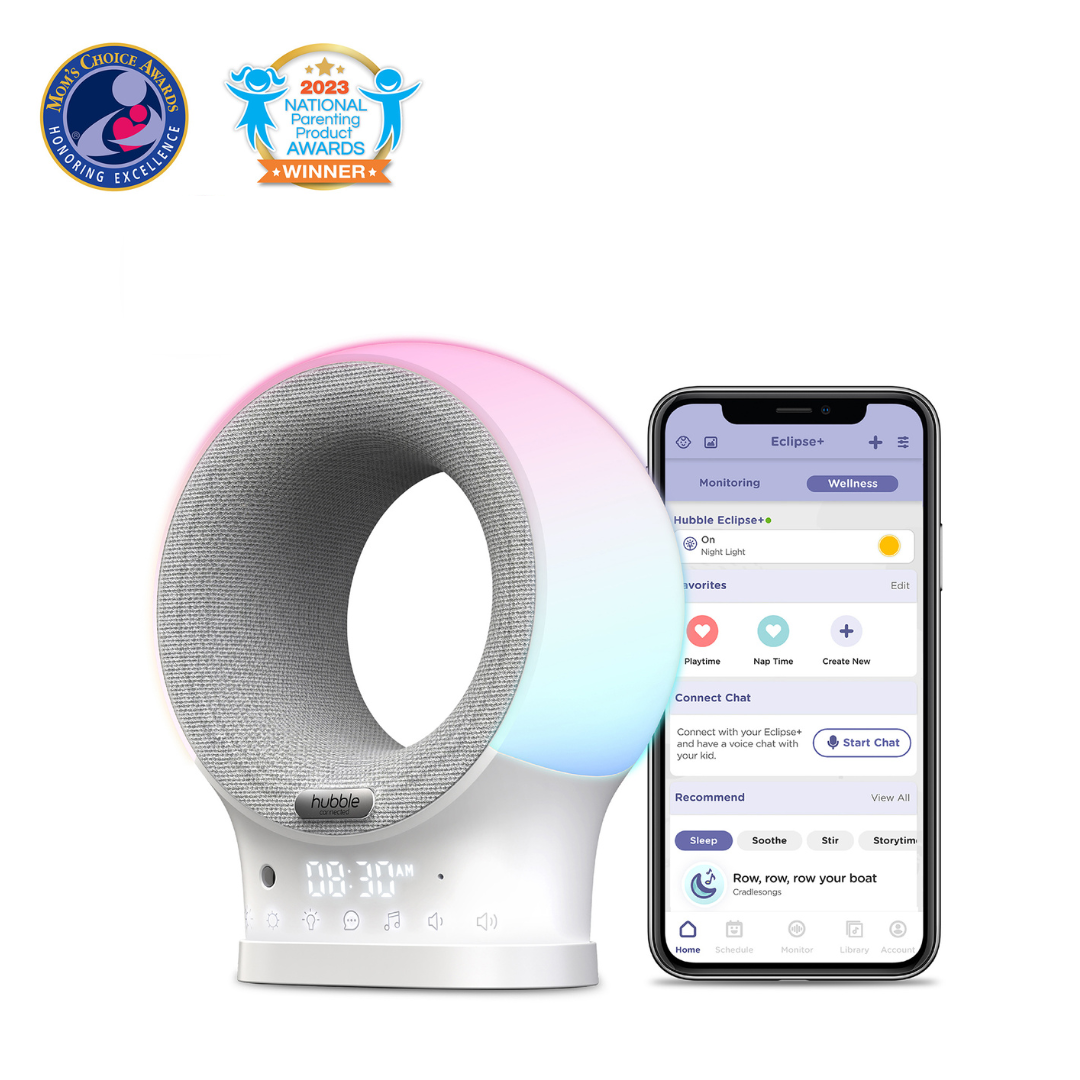Pregnancy is an amazing journey because no two situations are exactly alike. Some expectant mothers go through their three trimesters with ease, while others experience unpleasant side effects for a portion of their pregnancy. Morning sickness is one of the most common aspects of carrying a baby because it affects about 70% of women in early pregnancy.
Morning sickness is a pregnancy-related condition that causes nausea or vomiting. It can last up until the third trimester, though it is most common from the initial six to nine weeks of pregnancy.
So, what helps with morning sickness? Unfortunately, the answer is not as cut-and-dried as many expectant mothers hope because there are still many unknowns about the condition. However, some tricks and tips could help minimize or eliminate the discomfort that comes with morning sickness.
How Severe Can Morning Sickness Be for Mothers
Most women will have some nausea during pregnancy due to their bodily changes. They may feel nauseated during the morning or late in the evening. Some women experience nausea throughout the day.
Morning sickness can range from moderate to severe nausea and vomiting, leading to dehydration and the loss of vital minerals like sodium and potassium. An extreme form of the condition is hyperemesis gravidarum, which affects about 3% of expectant mothers. The illness is rare but severe enough to cause women to lose excessive body weight, develop malnutrition, or cause dehydration.
Though morning sickness is standard, some health factors might increase the risk of developing severe nausea and vomiting. According to the American College of Obstetricians and Gynecologists, the following factors increase the risk of morning sickness:
- History of migraines
- Experience with morning sickness during a previous pregnancy
- Pregnancy with multiple babies
Types of Treatment for Nausea During Pregnancy
When learning what helps with morning sickness, most women try lifestyle changes, alternative options, or a combination of both. Lifestyle changes can mean many things, from eating a different diet that does not trigger nausea easily to taking prenatal vitamins daily, such as vitamins B6. Staying hydrated is another lifestyle change, as many pregnant women need additional fluids to prevent dehydration.
Alternative morning sickness options may stray from conventional home remedies, but that doesn’t mean they are ineffective. For example, some women succeed with acupuncture, a holistic Asian treatment in which a skilled practitioner strategically inserts hair-thin needles in the skin. Some believe that the prick of the needles on specific pressure points can treat pain and nausea.
Another alternative method for managing morning sickness is hypnosis. This area of practice does not have much scientific backing, but some expectant mothers find hypnosis therapy helpful.
There are several natural and holistic ways to lessen the effects of morning sickness, including prescription and over-the-counter medications. Here are some of the best tips to consider.
13 Tips to Help With Morning Sickness
Rest
One of the easiest and best things an expectant mother can do when she feels unwell is to lie down and rest for a moment. Sometimes, movement can trigger nauseous sensations, so taking a moment to relax and center oneself can do wonders.
While lying down, close your eyes and breathe deeply. You might feel sleepy after a few moments, which is fine. Your changing body needs plenty of rest and sleep, and you’ll feel less sick while catching a quick nap on the couch.
If you’re having trouble resting, consider purchasing an eye mask or listening to gentle music in the background to dull your senses and lull you into relaxation.
Try Aromatherapy
For some pregnant women, unpleasant odors are the driving force behind their unwell feelings. Even the scents of their favorite foods, perfumes, and flowers can become problematic as their body undergoes hormonal changes due to the growing baby.
However, aromatherapy may counteract the negative impacts of an overactive nose. If your estrogen levels are high, your sense of smell will likely make it harder to avoid potent smells, but fresh scents can help push back offending odors.
Instead of leaving yourself vulnerable to smells, get a whiff of fresh air whenever possible by opening a window or taking a walk. You could also carry a tube or spray of lemon or rosemary essential oil that you can sniff when you face an unpleasant smell. Those two scents are strong enough to block out foul odors and pleasant enough to prevent nausea.
Talk it Out
Morning sickness may seem like a personal problem, but it doesn’t have to be that way between you and your partner. Powering through nausea and vomiting can lead to plenty of uncomfortable days. Yet, your partner might not be aware of how you’re feeling or the things that cause you to feel unwell.
Be open with your partner about your experiences and trigger points. The two of you can discuss little ways to make the early days of pregnancy more manageable, such as switching to a non-scented handsoap or preparing meals without smelly garlic.
Keep Track of Your Nausea
The problem many people have with morning sickness is it can affect everyone differently. While some people experience it during their entire pregnancy, some expectant mothers only struggle for a week or two.
Though there may seem to be no rhyme or reason to how morning sickness works, you can keep track of how it affects you specifically. The more aware you become of your environment and your body’s reaction to it, the more you may realize what triggers your vomiting or nausea.
For instance, if you find yourself battling nausea at work during lunchtime, the smell of mixed foods could be a trigger. If you know the catalyst for sickness, you can take appropriate steps to prevent it, such as dining outdoors instead of in a crowded breakroom.
Drink Plenty of Fluids
Staying hydrated can be difficult for anyone with morning sickness. The sensation of drinking can be nauseating, and some expectant mothers cannot keep down what they take in.
Failing to drink enough water will lead to dehydration, creating additional nausea. Extensive dehydration can be dangerous enough to cause fatigue, dizziness, and confusion. When you hydrate properly, you’ll generally feel better.
Morning sickness can make it challenging to get fluids into your body, but you can trick yourself into drinking more. Try settling your stomach with a salty snack that makes you thirsty, such as saltine crackers or chips. You could also sip hot or cold beverages throughout the day because room temperature drinks can be appalling to some people.
Experiment With New Foods
A balanced, nutrient-rich diet is essential for a healthy mother and baby, but vomiting and nausea can make it hard to enjoy a meal. You may need to change the types of foods you eat until you get your morning sickness under control.
Bland foods like rice and applesauce are simple to eat because they don’t carry offending odors or strong tastes. Salty foods and high-protein, low-fat meals are also easy to digest. It’s best to avoid fatty or greasy foods because they can upset your stomach.
It may take trial and error to determine which foods will work for you. The best thing to do is try new items and stick with whatever works. If you have concerns about nutrition, you can sip chicken soup or broth to get the calories your body needs.
Change How You Eat
Before pregnancy, you might feel best by eating three balanced meals a day with a snack or two. However, morning sickness may alter that routine. Some women find it easier to graze a little throughout the day instead of relying on heavy meals.
Eating too much or too little can promote nausea. An empty stomach forces digestive acids to attack the stomach lining, while a full stomach can overwork the digestive system. Keeping a little bit of food in your body can stave off sickness throughout the day.
Consume Ginger
Ginger is a root that adds spice to many cuisines, but it also has a long history of medicinal use. Studies show that it has stomach-settling effects to alleviate nausea for some people.
There are several ways you can utilize ginger to calm nausea. You could make a mild ginger tea by seeping a bit of root in hot water. Crystallized ginger candy, gingerbread, and ginger ale are other popular options that could relieve morning sickness.
Evaluate Your Screen Time
These days, many expectant mothers spend time on their computers, phones, and tablets for work and recreation. Unfortunately, too much screen time could contribute to how the body feels during pregnancy.
A computer’s bright screen and strobe effect can trigger nausea, similar to how motion sickness affects the body. When experiencing motion or cybersickness, the eyes translate moving images as physical movements to the body. Essentially, your brain thinks your body is moving when it is not, which can cause nausea.
To prevent this issue, lower your screen’s brightness to reduce eye strain or enlarge the font to make it easier to read. It also helps to give your eyes frequent breaks away from the computer screen by looking elsewhere or closing your eyes for a few minutes.
Find Distractions
The answer to managing morning sickness could be a simple distraction. For instance, exercising during pregnancy offers many benefits, such as a boost in mood, improvement in sleep, and a reduction in backaches and weight gain. However, participating in a pregnancy-safe physical activity can also take your mind off of nausea.
Not all distractions have to be exercise-related. You could take your mind off morning sickness misery by reading a book, dancing to your favorite songs, or working on a puzzle. Anything that shifts your focus can help.
Prepare for the Occasion
Sometimes, vomiting due to morning sickness is unavoidable. No matter how many times it occurs, it is still unpleasant. However, you can make the situation more bearable by preparing for it, just in case.
If you plan to be in public, consider packing a small bag with a bottle of mouthwash or breath mints to freshen your mouth if you have to vomit. You could also carry a clean plastic bag to use if you cannot make it to a bathroom. Complete your morning sickness kit with napkins for cleanup, water, and pretzels or crackers to settle your stomach while on the go.
Use Acupressure Wristbands
Acupressure wristbands are elastic cloths with a bead that applies pressure to the inside of the wrist to stimulate the P6 acupressure point, which may help relieve nausea and vomiting. This holistic morning sickness approach poses no danger to the baby. These bands act as a distraction against nausea for some women instead of a treatment for it.
Consider Medication
Medication may be the best answer for managing morning sickness. Vitamin B6 and Unisom help some women find relief from nausea. However, prescription anti-nausea medications may work better for severe cases of morning sickness.
Talking to Your Doctor About What Helps With Morning Sickness
No matter which tips you wish to try while overcoming morning sickness, it is essential to have an open discussion about your condition and concerns with your doctor. Depending on your situation, you could schedule a new appointment or wait until your routine prenatal visit to consult with your doctor.
Your physician will inquire about how often you feel nauseated, whether each bout of nausea includes vomiting, and how well you can keep fluids down. They will also ask about any home remedies you are trying and suggest additional at-home treatments.
Moderate to severe morning sickness may require prescription medication safe for use during pregnancy. Women with hyperemesis gravidarum may need intravenous fluids and anti-nausea medicine to cope with dehydration from excessive vomiting and nausea.
How to Prepare for Your Appointment
The best way to prepare for your doctor's appointment about morning sickness is to keep track of your symptoms. Any time you feel sick, develop an aversion to a specific food or smell, or struggle to eat and drink, write it down. Even if you don’t think your symptoms are related, they could help the doctor create an appropriate treatment plan.
It is also a good idea to jot down any supplements, prescriptions, over-the-counter medications, and vitamins you’re taking. Be sure to list the frequency you consume them and their dosages.
Your appointment is an excellent time to gather as much information as possible about your troubles with morning sickness. Consider asking your physician questions about the best fluids to drink, any tests you may need to ensure the health of you and your baby, and any other follow-up questions you have. You may want to have a friend or relative with you to help you remember all the information your doctor will provide.
The Bottom Line
Knowing what helps with morning sickness can make your pregnancy more manageable and enjoyable as an expectant mother. Though most women who experience the condition have it only for a short time, some ladies endure it through their third trimester. Finding ways to alleviate vomiting and nausea can substantially affect a woman’s overall well-being.
There is no specific answer for what helps morning sickness, but there are plenty of options to consider. With the help of your doctor, you can determine which tricks work best for you.













Share: